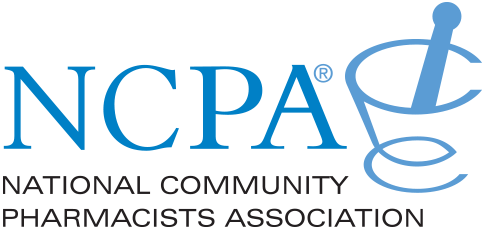NCPA Releases Latest Survey on Drug Supply Chain and Staffing

GLP-1 agonists are particularly challenging, given their high demand and costs.
The National Community Pharmacists Association is releasing the results of its latest survey of independent pharmacy owners/managers that seeks to provide context on supply chain concerns and labor challenges its members are facing.
Seventy-five percent of survey respondents say they are carrying Narcan naloxone nasal spray, which was recently approved as an over-the-counter opioid overdose treatment. This is slightly less than
Regarding GLP-1 agonists (a class of medications utilized in the treatment of type 2 diabetes and obesity), 90 percent of respondents say they will stock and sell these products. Of them, nearly all (96 percent) report experiencing shortages or backorders of GLP-1 agonists, and most are ordering the products upon paid claims (63 percent) rather than keeping a stock on hand (37 percent) due to their high price and reimbursement from pharmacy benefit managers that is often below the pharmacy’s cost to acquire the drug.
“GLP-1s have been tremendously popular over the last couple of years and are an important, albeit expensive, option for many patients. But independent pharmacies are in the counterintuitive predicament of seeing top line revenues grow while the bottom line shrinks due to payments from PBM-insurers that are often significantly below the pharmacy’s cost to acquire the medication,” says NCPA CEO B. Douglas Hoey, pharmacist, MBA. “When added to the unsustainably low reimbursement pharmacies are seeing on other drugs, plus payment clawbacks, the steering of patients into PBM-insurer affiliated pharmacies and take-it-or-leave-it contracts, it’s a challenging time to own and operate a community pharmacy. Pharmacy’s reputation as the location with the most accessible health care provider in their communities is being threatened.”
Almost all respondents say they are experiencing additional supply issues, with 87 percent specifically reporting shortages of Adderall or generics, a slight decline from the September survey. Additionally, staffing in some independent pharmacies is continuing to be a challenge, with 67 percent* saying it’s difficult to fill open staff positions. Pharmacy technicians continue to be in the highest demand (76 percent), followed by clerks/front-end staff (42 percent), pharmacists (36 percent), and delivery drivers (17 percent).
* These and all numbers throughout the survey results are specific to independent pharmacies. They should not be used when discussing chain pharmacies or other pharmacy settings.
Note: This
Newsletter
Stay informed on drug updates, treatment guidelines, and pharmacy practice trends—subscribe to Pharmacy Times for weekly clinical insights.






















